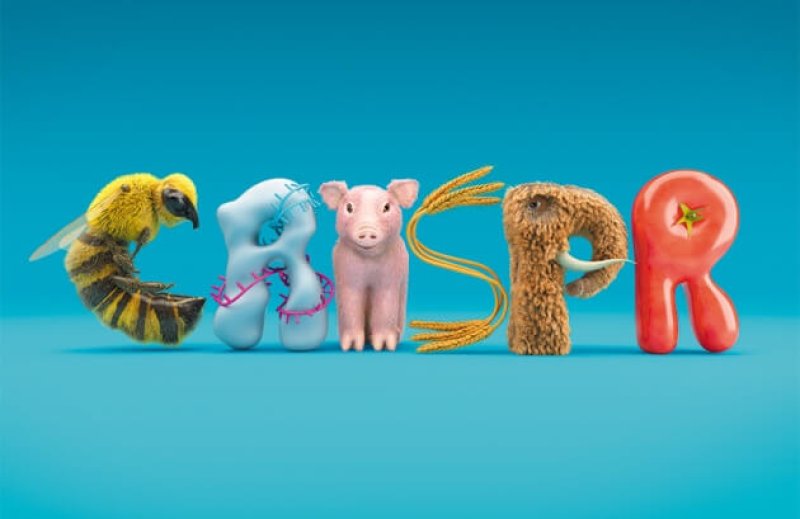Crispr has the potential to boost yields, disease resistance, and taste, and even tackle allergens like gluten. It could radically change how we breed and grow crops—and scientists say they’re working only with nature’s tools.
…
“There’s a long way to go, but what we have able to do in the last four or five years is unbelievable,” says [Zachary] Lippman, a professor of genetics at Cold Spring Harbor Laboratory. “It’s science fiction.”
…
In medicine, gene editing could potentially cure inherited diseases, such as some forms of heart disease and cancer and a rare disorder that causes vision loss. In agriculture, the technique can create plants that not only produce higher yields, like Lippman’s tomatoes, but also ones that are more nutritious and more impervious to drought and pests, traits that may help crops endure more extreme weather patterns predicted in the coming years.
…
Today hundreds of research and development labs are …. testing the potential of Crispr …. to solve a range of food-related concerns for both consumers and growers: reduced-gluten wheat that could be tolerated by those with sensitivities, a mushroom that doesn’t brown when bruised or cut, soybeans lower in unhealthy fats, and even protecting the global chocolate supply—candymaker Mars is behind an effort to bolster cacao’s ability to fight off a virus that’s devastating the crop in West Africa.
Read full, original article: Why Gene Editing Is the Next Food Revolution































